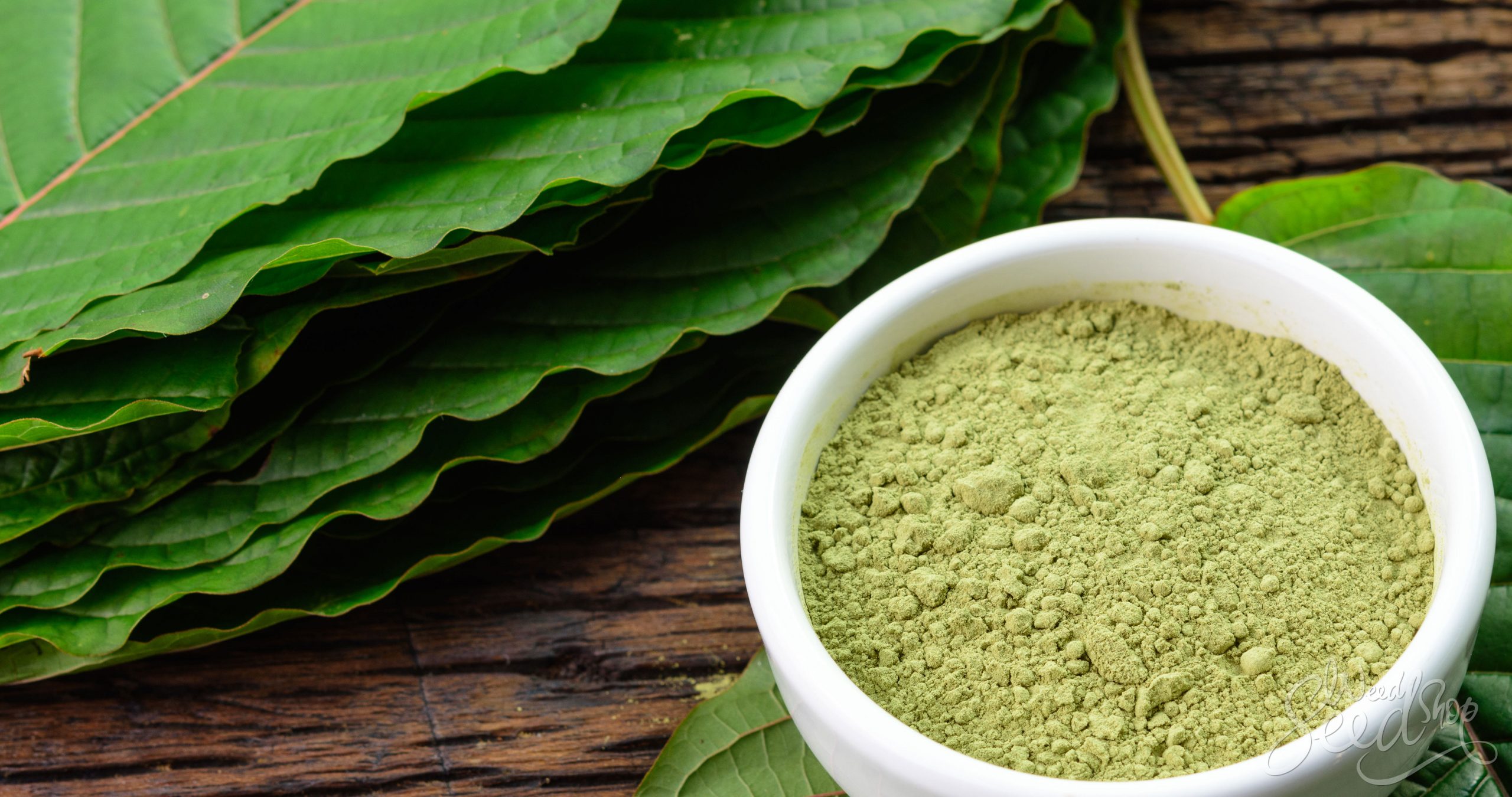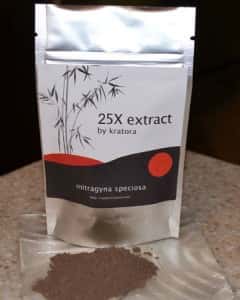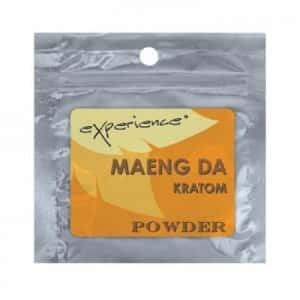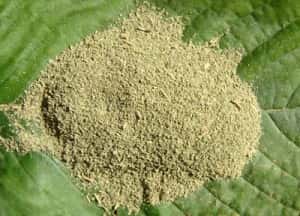Western North Carolina has experienced a surge of drug overdose deaths. COVID-19 raises overdose risks for men and women who use drugs; isolation leads to utilizing alone; pandemics interrupt support and treatment; and PWUD (people using drugs) suffer determinants of health that chemical vulnerabilities. Overdose prevention strategies endorsed by the Centers for Disease Control and Prevention comprise naloxone supply and syringe access programs. Harm reduction goes beyond, encompassing practical ideas to reduce negative consequences of drug use through advocacy, social justice and addition of PWUD in decision-making — with respect for the rights of PWUD.

Serving populations at elevated structural risk for overdose without sufficient information is dangerous. When entities without an established history in community-based harm loss utilize the language of harm reduction to describe work not guided by its own fundamentals, it threatens people they purport to help. This can be seen, for instance, when health departments begin syringe service programs without involving local stakeholders and therefore divert funds from established community-based programs. Or when governmental organizations delve into harm reduction without an immediate service history. A particular danger accrues from organizations promoting products and strategies not just inconsistent with harm-reduction fundamentals but scientifically demonstrated to pose direct threats to PWUD.
As a registered nurse working full time in public health with all the harm reduction community as well as an applied medical anthropologist who participated in research with pericardial injury reductionists, it’s our duty to report behavior detrimental to public health that threatens PWUD. Most recently, a local company, SeekHealing, whose website describes it as a”nonprofit serving individuals at risk for overdose” and uses the term harm reduction to describe their work, dispersed “herbal first aid kits,” including atom, as a portion of a COVID-19 reaction. seek healing advertised the kits for individuals afflicted by pandemic-related withdrawal. Kratom is an injectable herbal analgesic with known overdose risks. High-quality studies reveal atom raises esophageal death dangers. This supply violates the tenets of injury reduction.
Harm reduction requires determining, with well-designed study and input from affected local stakeholders, what clinics keep individuals safe and empower them to live healthier lives. Evidence backs syringe access programs and drop-in wound care to protect the lives of PWUD. There is not any proof that kratom is effective or safe for opiate withdrawal, as SeekHealing asserts. There’s mounting evidence to the contrary. Toxicologists decided kratom increased the danger of adverse events, particularly if ingested with different drugs. Overdose deaths are attributed to that a combination of a synthetic opioid and kratom. Naloxone can reverse respiratory distress in kratom-only ingestion. Kratom leads to respiratory depression, compounding death threats.
Withdrawal raises overdose risks. Offering kratom to people experiencing withdrawal raises vulnerability. Such distribution seems at minimum reckless and at worst predatory, particularly when done without fair education and informed consent. seek healing introduced”herbal first aid” apparently amid concerns COVID-19 would interrupt the neighborhood drug supply, inducing withdrawal for PWUD. seek healing mainly targeted unsheltered folks; partnering with a homeless service organization and a company offering HIV case management for precariously placed clients and distributing naloxone and secure injecting supplies to PWUD (on a drive-thru basis throughout the pandemic). Yet atom distribution started without SeekHealing consulting folks already doing direct support to PWUD. Despite other COVID-19 disruptions, we have not seen it affect local opiate source or cause pandemic-related withdrawal.
Information distributed with all the atom covers its foundation but included no intrusion warnings. Instead, it falsely claims to combine kratom with different opiates”cancel[s] out each other.” Despite efforts to convey with SeekHealing, discourage kratom supply and encourage conversation about building trusting relationships when working with PWUD, SeekHealing’s reckless behavior persists. When individualized care and informed consent have been indicated, a SeekHealing representative dismissed this as”prescriptive” rather than suspended in confidence. Those who witness community-based harm loss understand this dismissal is off-base. Individualized care isn’t only possible; it’s imperative through a pandemic. PWUD are too often denied proper health and safety tools. Care is often relegated to cookie-cutter, non-evidence-based treatments. Integral to harm reduction is education about safer use and relative risk. Harm reduction isn’t about prescription; it is about accurate, locally relevant education and supplies that don’t introduce new dangers.
SeekHealing’s dangerous actions are in opposition to this injury reduction framework they co-opt. Years of well-designed study and advocacy by PWUD and those in support of them legitimized harm loss. Reckless behavior under the guise of harm reduction endangers people in danger of overdose and threatens this validity. Harm reduction should not be a buzzword tossed about to acquire notoriety and financing. Adding a new risk to a vulnerable area without education, while blatantly offering misinformation, does not reduce unwanted effects of drug usage, nor does it show respect for the rights of PWUD. It does not harm reduction. It only harms the efforts of principled harm reductionists, and, by extension, the health of those we serve.
— Vanessa Hixon, RN, co-director of The Steady Collective
Asheville
And Bayla Ostrach, Ph.D., applied medical anthropologist and community research liaison with The Steady Collective
Fletcher
Editor’s note: The writers note the Steady Collective is a nonprofit Asheville-based harm reduction company with a goal of improving general community health by cutting the speed of drug overdose and the spread of infectious illness with education, advocacy and direct services.
Xpress contacted the nonprofit SeekHealing using a summary of the letter authors’ points and got the following response from the SeekHealing board of directors — Luc Richard, Jennifer Nicolaisen, Dr. Rachel Wurzman, Jennifer Garrett and Joshua Ginsberg: “Regrettably, this letter is factually erroneous. Not all kits included kratom — in fact, most didn’t. Seek healing did not distribute anything straight: We donated kits to associate organizations that spread them through peer supports.
“Over two weeks ago, Steady voiced concerns about the addition of kratom. This was perplexing because we had achieved to Steady for input on the project before launch, without response. Ever since they reached out, we ceased including kratom in kits while we revisited the literature.
“The research around kratom is highly inconclusive. Recent studies reveal that correlations with fatalities can not be established in just about all cases because of poly-drug exposure.’
“We offered these kits with empathy to support underresourced individuals during a pandemic if they were more isolated and unsupported than ever. Participants universally offered gratitude and positive comments.
“To stop overdoses as a community, we need more inter-organizational cooperation and mutual respect.”



